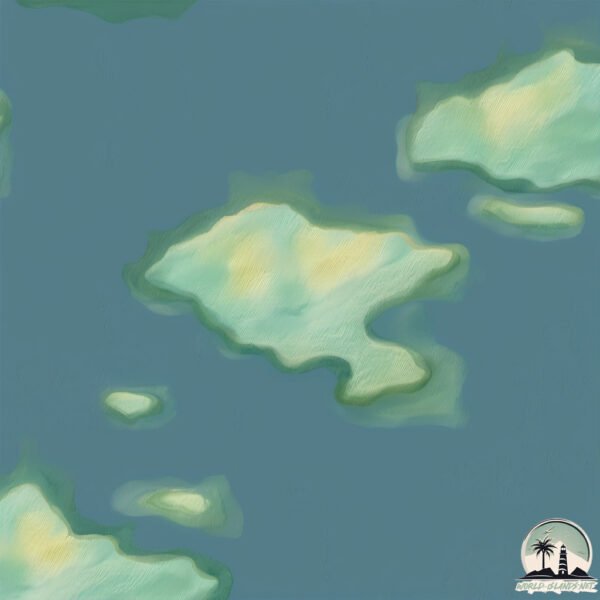Hartmann

Welcome to Hartmann, a Continental island in the Gulf of Alaska, part of the majestic Pacific Ocean. This guide offers a comprehensive overview of what makes Hartmann unique – from its geography and climate to its population, infrastructure, and beyond. Dive into the details:
- Geography and Size: Explore the island’s size and location.
- Climate and Weather: Weather patterns and temperature.
- Topography and Nature: Uncover the natural wonders of the island.
- Infrastructure and Travelling: Insights on reaching, staying, and making the most of your visit.
- News and Headlines: Latest News.
Geography and size of Hartmann
Size: 1.815 km²
Coastline: 11.5 km
Ocean: Pacific Ocean
Sea: Gulf of Alaska
Continent: North America
Hartmann is a Small Island spanning 1.8 km² with a coastline of 11.5 km.
Archipel: –
Tectonic Plate: North America – Covers North America and parts of the Atlantic and Arctic Oceans, characterized by diverse geological features and varying levels of seismic activity.
The geographic heart of the island is pinpointed at these coordinates:
Latitude: 57.36364158 / Longitude: -156.29418666
Climate and weather of Hartmann
Climate Zone: Continental
Climate Details: Subarctic Climate
Temperature: Cold Summer
Climate Characteristics: Characterized by long, extremely cold winters and short, cool summers, often found in northern latitudes of North America and Eurasia.
Topography and nature of Hartmann
Timezone: UTC-09:00
Timezone places: America/Anchorage
Max. Elevation: 43 m
Mean Elevation: 31 m
Vegetation: Herbaceous Cover
Tree Coverage: 72%
The mean elevation is 31 m. The highest elevation on the island reaches approximately 43 meters above sea level. The island is characterized by Plains: Flat, low-lying lands characterized by a maximum elevation of up to 200 meters. On islands, plains are typically coastal lowlands or central flat areas.
Dominating Vegetation: Herbaceous Cover
Comprising mainly of grasses, herbs, and ferns, these areas are common in prairies, meadows, and savannas, and can vary widely in species composition. Hartmann has a tree cover of 72 %.
Vegetation: 4 vegetation zones – Diverse Island
Four distinct vegetation zones mark these islands as ecologically diverse. They might feature varied landscapes such as forests, beaches, grasslands, and rocky areas. Such diversity reflects the island’s complex ecological interactions and varied habitats, which can support a rich array of wildlife and plant species.
Infrastructure and Travelling to Hartmann
Does the island have a public airport? no.
There is no public and scheduled airport on Hartmann. The nearest airport is Egegik Airport, located 149 km away.
Does the island have a major port? no.
There are no major ports on Hartmann. The closest major port is KANATAK, approximately 35 km away.
The mean population of Hartmann is 0 per km². Hartmann is Uninhabited. The island belongs to United States of America.
Continuing your journey, Sutwik is the next notable island, situated merely km away.
⚽️ Rudi Völler Wutrede mit erhöhtem Puls vs. Delling Netzer Waldemar Hartmann Island vs. Deutschland



United States of America is classified as Developed region: G7: Group of Seven – Major advanced economies, including Canada, France, Germany, Italy, Japan, the United Kingdom, and the United States. The level of income is High income: OECD.
News – Latest Updates and Headlines from Hartmann
Stay informed with the most recent news and important headlines from Hartmann. Here’s a roundup of the latest developments.
Please note: The data used here has been primarily extracted from satellite readings. Deviations from exact values may occur, particularly regarding the height of elevations and population density. Land area and coastline measurements refer to average values at mean high tide.
